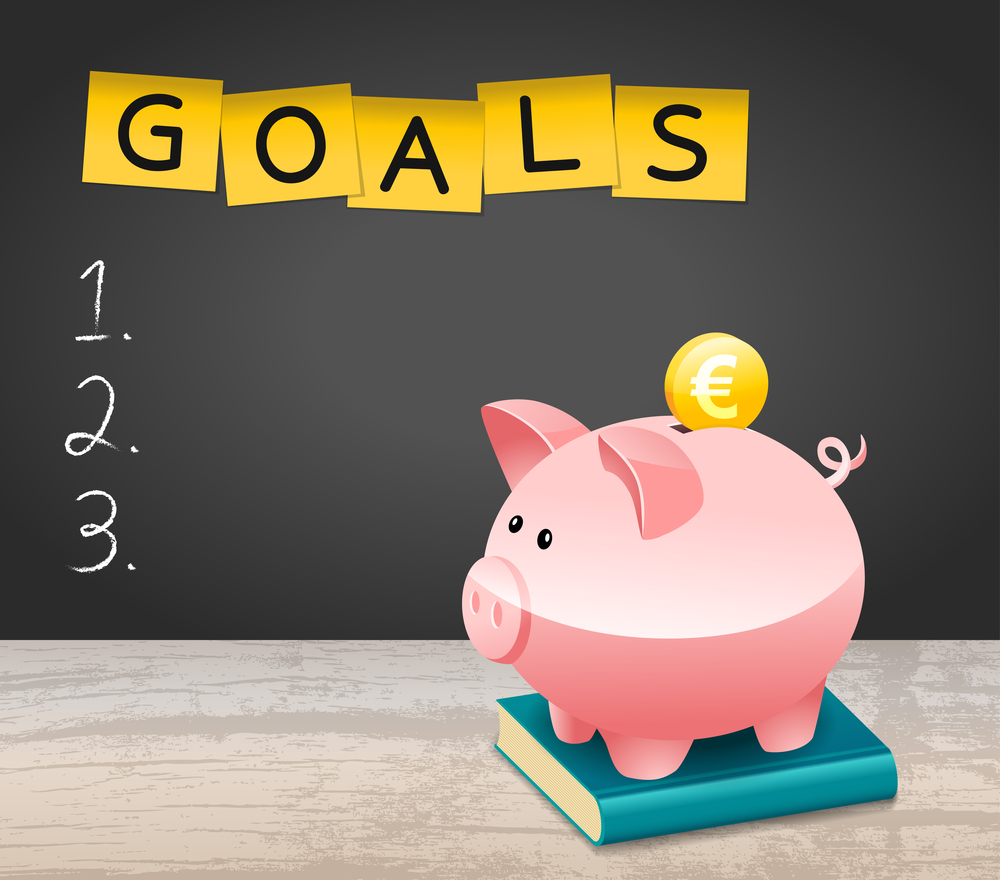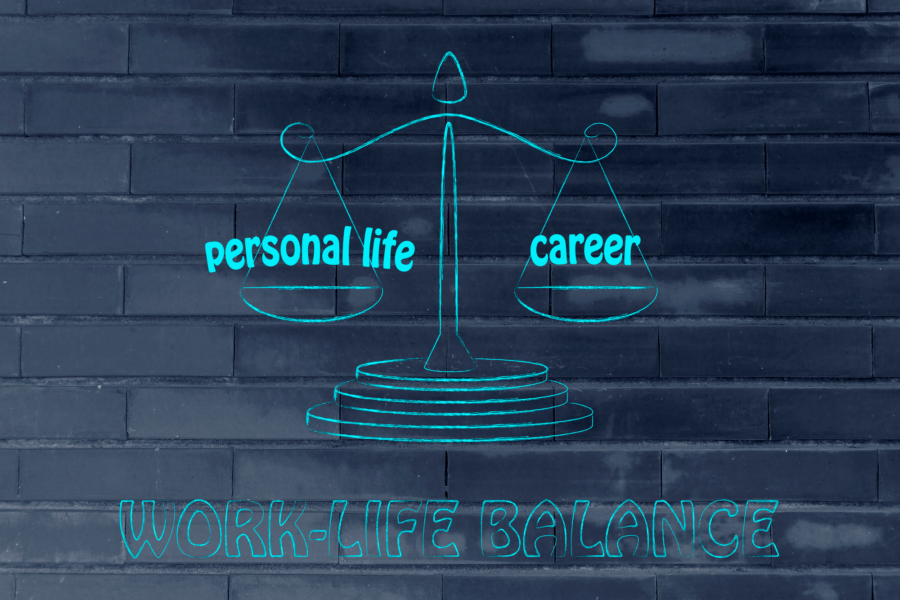Introduction
Setting your own goals is key for truck drivers, it gives you direction and purpose in both your professional and personal life. By setting goals you can improve your performance, skills, and job satisfaction. Goal setting also helps you stay motivated and focused, so you can better manage your time and be more productive.
Professional development goals are especially important in trucking where continuous improvement means more opportunities and a safer, more efficient work environment. Having clear achievable goals allows truck drivers to measure their progress and stay committed to their career goals.
The SMART goal method is a way of setting personal goals so your goals are Specific, Measurable, Achievable, Relevant, and Time-bound. This structured approach helps truck drivers create realistic and clear goals that can be tracked over time. By setting SMART goals you can break down your aspirations into smaller steps, so you can stay on track and achieve success.
What are SMART Goals
SMART goals are a powerful tool for setting personal and professional development goals because they give you a clear and structured framework. The acronym SMART stands for Specific, Measurable, Achievable, Relevant, and Time-bound. Specific goals are clear and unambiguous and Measurable goals have criteria for measuring progress.
Achievable goals are realistic and attainable, Relevant goals align with the bigger picture and Time-bound goals have a deadline. Using SMART goals means you set practical and achievable targets, so you stay motivated and focused. This structured approach to goal setting helps you measure your progress, stay committed, and achieve your personal and professional goals efficiently and effectively.
Setting Personal and Professional Development Goals
Setting personal development goals involves a self-reflection of various areas of your life including your career, health, and personal relationships. Start by thinking about what areas you want to improve or achieve specific milestones in. For career goals think about where you see yourself in the next few years and what skills or experiences you need to get to that position.
This might be further education, seeking out mentorship opportunities, or improving specific technical skills. Health goals are about maintaining or improving your physical and mental well-being. These goals might be adopting a regular exercise routine, improving your diet, or incorporating mindfulness into your daily schedule. By setting these goals you create a roadmap for your personal development.
Examples of personal development goals give you a clear picture of what to aim for. For career goals, you might aim to get a promotion within your company or move into a role that aligns with your passions and strengths. Health goals might be running a marathon, reducing stress through yoga, or achieving a balanced lifestyle that allows for rest and activity. Relationship goals are just as important and might be improving communication with loved ones, building a stronger support network, or dedicating more quality time to family and friends.
Personal Development Plan
A Personal Development Plan is a strategic approach to personal and professional development. Using the SMART framework you can set clear and achievable targets to guide your development. Start by setting Specific goals that clearly define what you want to achieve. Make sure they are Measurable so you can track your progress and stay motivated. They should be Achievable, and challenging but realistic so you stay focused and driven. Relevance is key so your goals should align with your bigger picture and current situation. Finally, make them Time-bound with deadlines to create a sense of urgency and commitment. By setting clear goals and action steps you can work towards your personal and professional development systematically and continuously improve and achieve success.
Career Skills
Enhancing your career skills is key to long-term success and personal happiness. Setting clear career goals helps you focus your efforts and align your daily activities with your ultimate career goals. Start by thinking about where you see yourself in the future and what roles or positions you want to get to. This will guide your decisions and be a roadmap for your career. By setting specific, realistic, and time-bound goals you can create a plan that keeps you motivated and on track to achieving your aspirations. Review and adjust your goals regularly so they stay relevant and achievable as the industry and you change.
Improving job performance and professional skills is key to moving up the career ladder. Focus on developing key skills like trip planning, maximizing miles, and communication. Trip planning can make a big impact on your productivity, delivering on time, and managing your routes. Maximizing miles will increase your earnings and show you can handle more responsibility. Communication skills are key to building strong relationships with colleagues, clients, and management, resulting in better teamwork and job satisfaction.
Health
Health is fundamental to overall well-being and professional success. Setting health goals is a way to improve many areas of your life including sleep, physical activity, and nutrition. Start by setting a consistent sleep schedule so you get enough rest which is key to having energy and focus throughout the day.
Incorporate physical activity into your daily routine, aim for at least 30 minutes most days of the week to improve your physical health and mood. Also focus on balanced nutrition by eating healthy, nutrient-dense foods that fuel your body and mind. By setting and working towards these health goals you can improve your overall quality of life and job performance.
Self-awareness and mental health are equally important to having a balanced and happy life. Self-awareness means recognizing and understanding your emotions, thoughts, and behaviors which can help you manage stress and make better decisions. To improve your mental health consider incorporating mindfulness practices like meditation or journaling into your daily routine.
These will help you stay grounded and reduce anxiety. Also, don’t be afraid to use the resources available to you to support your mental health. For example, ShipEX has some great information and tips on managing mental health on the road which you can find here. By taking care of your mental well being you can build resilience and stay positive personally and professionally.
Communication Skills
Communication is key to success in any professional environment especially in over-the-road (OTR) trucking. Good communication means smooth operations and strong working relationships. To improve your communication be clear, concise, and timely in your interactions. Update your Driver Manager (DM) regularly, and inform them immediately of any delays, early arrivals, or special requests on the road. This will help with scheduling and expectations and show you are reliable and professional.
Financial and Business Goals
Setting financial goals and planning for the future is key to long-term financial stability. Start by identifying your short-term and long-term financial goals, saving for emergencies, paying off debt, or investing for retirement.
Create a detailed budget that outlines your income, expenses, and savings targets so you are on track to meet these goals. Plan for big expenses like vehicle maintenance or personal milestones to avoid financial stress and have the resources when you need them. By setting financial goals and planning for your needs you can build a solid foundation for financial security and peace of mind.
Managing your finances is key to long-term financial stability and working with a company that looks after your financial well-being can make a big difference. ShipEX has a true salary program which means drivers have a consistent and reliable income which makes financial planning and budgeting easier.
Unlike traditional pay structures that vary based on mileage or load, the true salary means drivers have a fixed pay cheque which makes it easier to manage expenses and save for the future. This stability reduces financial uncertainty and allows drivers to focus more on their job and personal goals.
Work-Life Balance
Work-life balance is key to being productive professionally and personally. Balancing your work responsibilities with your personal life requires good time management skills to make the most of your time and reduce stress. ShipEX helps with this balance by offering paid home time so you can recharge and spend quality time with loved ones.
The company’s Passenger Policy allows a family member or friend to ride with you on the road and the Pet Policy allows your furry friends to travel with you for comfort and companionship. To stay connected with loved ones while on the road schedule regular check-ins and use video calls to stay in their lives.
Overcoming Obstacles and Staying Motivated
Staying motivated and making progress towards your goals can be tough but with the right strategies, it’s achievable. Start by setting clear goals and breaking them down into smaller tasks. Celebrate each small win to keep the momentum going.
Surround yourself with supportive colleagues and mentors who can guide and encourage you. Regularly reviewing your goals and visualizing the end result will keep you focused and driven. Taking regular breaks and self-care into your schedule will prevent burnout and keep you energized and motivated in the long run. By doing these consistently you will stay positive and move towards your goals.
Taking on new challenges and learning from setbacks is key to personal and professional growth. When faced with obstacles see them as opportunities to learn and improve not as failures. Reflect on what went wrong, and what you learned, and apply those lessons to future situations. This mindset builds resilience and adaptability which are key to overcoming challenges. Look for new experiences and responsibilities that push you out of your comfort zone as they can lead to big growth and development.
Using Resources for Personal Development
Using available resources for personal development can boost your career and skill set. Online courses allow you to learn new skills and knowledge at your own pace, align with your educational goals, and keep you up to date with industry trends. Staying informed of industry developments such as new technologies or regulations will keep you competitive and effective in your role.
Also, ask your Driver Manager (DM) for feedback to get valuable insights into your performance and areas for improvement. This feedback will help you to fine-tune your skills and strategies and continuous personal and professional growth.
Summary
Recapping the importance of SMART goals shows how they are the key to success. SMART goals – Specific, Measurable, Achievable, Relevant, and Time-bound – give you a framework to turn your wishes into actions. By setting clear goals you can focus on what matters most and every step you take will bring you closer to your long-term goals.
These goals are not just about progress but about setting worthwhile goals that challenge and inspire you to be your best. Achievable goals mean your goals are realistic and attainable so you stay motivated and confident as you track your progress and celebrate along the way.
Go set your personal and professional goals today. Start with what you want to achieve and then break it down into actions using the SMART framework. Goal setting is not just about the end result but about the journey and the growth you get along the way. Remember every small step towards a clear goal is a step towards long-term success. Get into the process, stay committed to your goals, and let each small win fuel your desire to do more.








